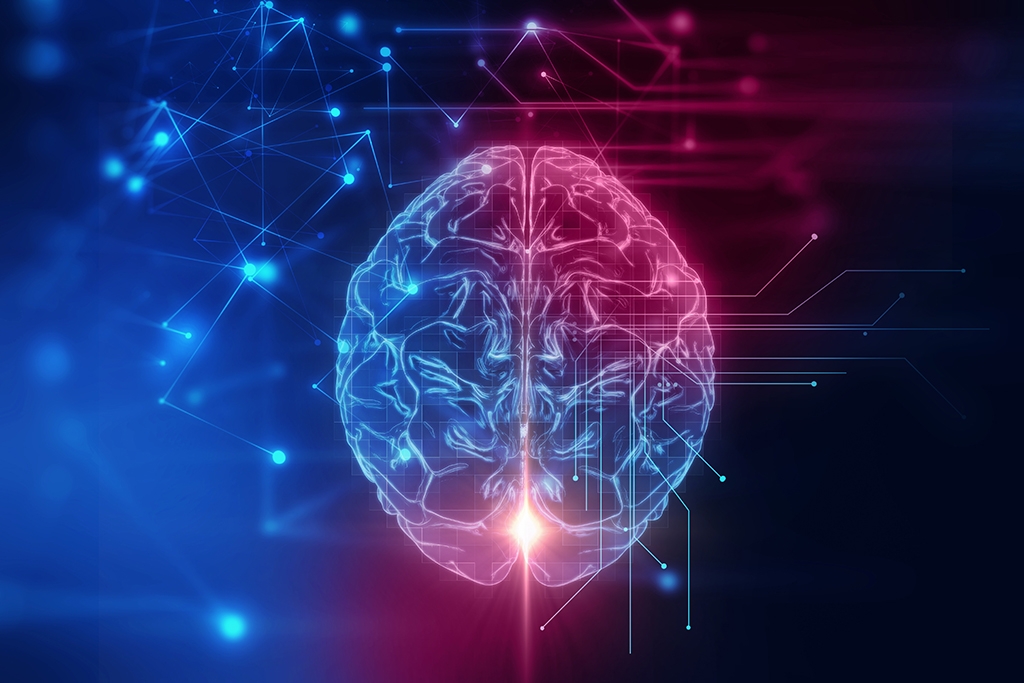I Don’t See What You Mean: How Perception Affects Communication in the Workplace

Do you ever feel like you are worlds apart from team members or managers regarding communication styles? You’re not alone. However, for many, professional development training sessions on issues like communication haven’t gone far enough in teaching practical steps to improve these critical soft skills. Issues like perceptual bias and how people interpret information is […]
How the Science of Perception is Helping Solve Crimes

One of the failures in the criminal justice system is the conviction of a person for a crime they did not commit. This problem often exists because of unreliable eyewitness testimony. To correct this problem, scientists at the famous Salk Institute out of La Jolla, California, have identified a novel way of presenting a lineup […]
Do You See What I Mean? How Perception Affects Communication in Relationships

“Why don’t you see what I mean?” is a common phrase people use during an argument. We say things like this because we tend to wrap messages around our own perception or view of the world. However, when it comes to communication breakdown in relationships, someone’s perception of a situation is usually not what is […]
Is Split Brain Theory Really a Myth? What New Research Says

If you were to split a brain in half – would your consciousness also be divided? What about the notion that some people are more right-brained and others more left-brained?
In the original findings of split-brain theory, researchers believe that patients who underwent surgery to sever the corpus callosum, the nerve tract connecting the two hemispheres of the brain, would also experience a split within their consciousness. They also hypothesized that the right and left hemispheres of the brain perform very different functions – or brain laterality. They believed that when the two sides of the brain weren’t able to communicate with each other, they responded differently to stimuli, indicating that the hemispheres have different functions. Are these claims true, just a myth, or somewhere in-between?
